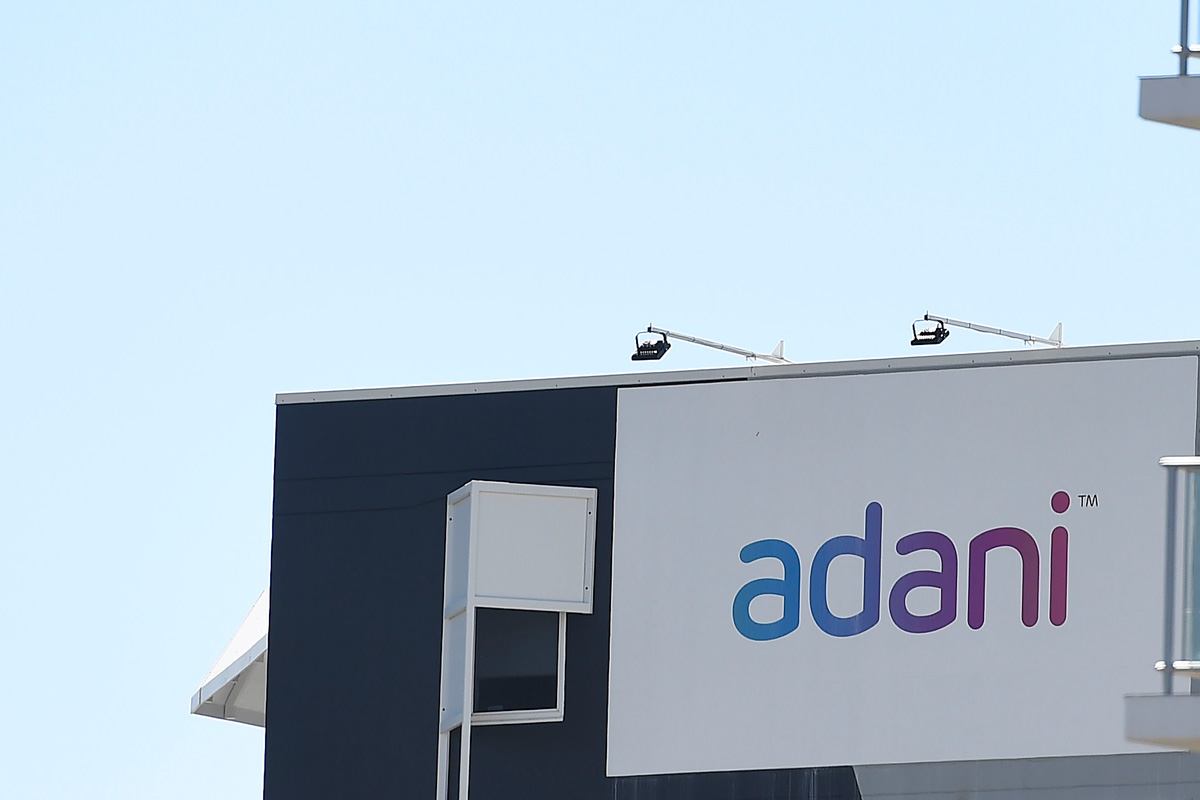Adani infuses Rs 8,339 crore into Ambuja Cements, raises stake to 70.3%
Last month, it infused Rs 6,661 crore into the cement company raising their stake in the company by 3.6 to 66.7 per cent.
The group is also building a new airport for Mumbai, and redeveloping the city’s sprawling Dharavi slum.

(Photo: Getty)
After a year of allegations by the US-based short-seller Hindenburg Research of fraud and “brazen” stock price manipulation, the Adani Group has emerged stronger on some measures of business fundamentals.
Business tycoon Gautam Adani’s ports-to-power empire has trimmed debt, pared founders’ share pledges, won new backers from the US to the Middle East, bagged landmark projects and has begun to communicate more often with investors and lenders.
The group is also building a new airport for Mumbai, and redeveloping the city’s sprawling Dharavi slum.
Advertisement
While Adani stocks have risen over USD90 billion from last year’s low, they remain about USD60 billion short of their pre-Hindenburg peak.
Investors are now of the belief that the Adani empire is once again on an ascent.
The recent Supreme Court verdict rejecting appeals for a special investigation, new marquee investors and the US agency funding have all given greater comfort to both institutional and retail investors.
For the conglomerate, much of the resilience comes from its sprawling infrastructure empire ranging from port terminals, power lines, airports, data centers, solar parks and cement plants.
Hindenburg’s report eroded tens of billions in market value and left the founders vulnerable to margin calls on their pledged shares. Adani and his family prepaid USD2.15 billion and have drastically reduced their pledged holdings.
Currently, the combined market value of 10 listed Adani companies is at about USD175 billion, a jump of around 112 per cent from the record low of USD82 billion in February last year after the short-seller report.
Recently, the exchange data compiled by Bloomberg shows that individual holdings in nine of the group’s 10 stocks at the end of December are higher than they were before the short-seller’s attack on the conglomerate.
The Supreme Court had said there were no grounds for taking away the investigation of the Adani group of companies in the Hindenburg report from the markets regulator.
It granted Sebi three months to complete the investigation of two pending matters and also refused to interfere in the agency’s matter.
The CJI-led bench refused to nix SEBI’s FPI regulations, saying courts cannot enter into the domain of regulatory regime. The apex court also refused to interfere with SEBI’s probe into the episode and declined to set up a SIT.
Advertisement